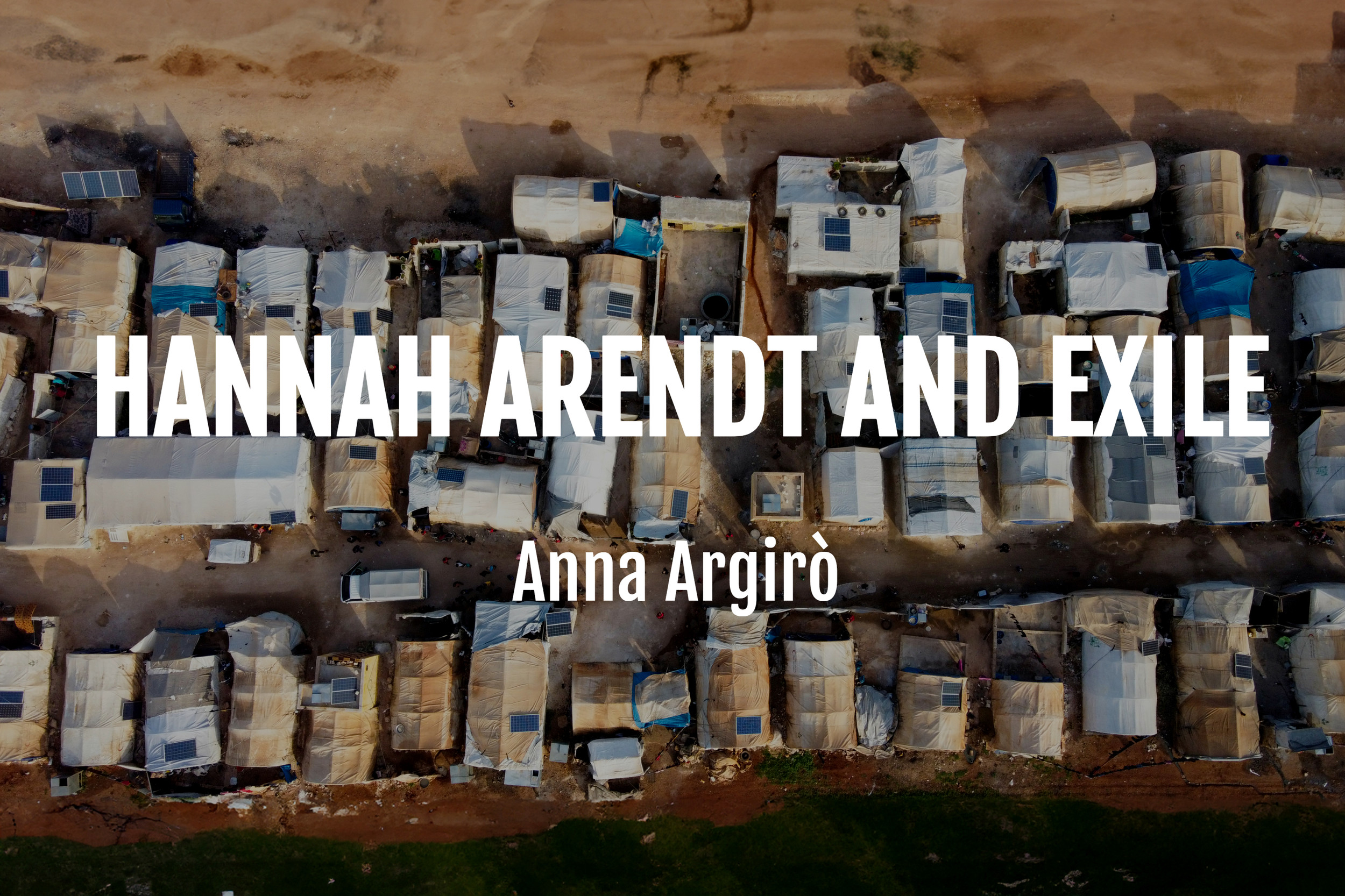
"In the face of the re-emergence of Trump's border-wall nationalism, Brexit, and increasingly strict European immigration policies, Hannah Arendt's reflections on human rights, statelessness, and her critique of sovereignty raise crucial questions: What could it mean to be a citizen in a political context where there is no nation-state? Can democracy, or more generally politics, be confined to the nation-state? Can we imagine an alternative? Is national affiliation the only framework through which rights can be guaranteed, or can we imagine a politics grounded in human plurality rather than sovereign exclusion?"
"Through Rahel Varnhagen's biography, Arendt reflects on the existential significance of being a Jew in the hostile climate of Nazi Germany. Varnhagen's story is one of guilt, shame, self-denial, and of continuous attempts to cover up what she calls her 'infamous birth', through love, marriage or assimilation. Only in extremis does she recognize herself in her origin, intended as the starting point of everyone's life."
Re-emerging nationalist movements and stricter immigration policies provoke examination of citizenship when nation-states fail to guarantee rights. The focus lies on human rights, statelessness, and critiques of sovereignty, questioning whether democracy can be confined to national frameworks or reinvented around human plurality rather than exclusion. A German-Jewish salon host's life exemplifies outsider experience, marked by guilt, shame, self-denial, and continuous attempts at assimilation to hide origin. Forced exile in 1933 under anti-Semitic laws curtailed civic participation and revealed the existential consequences of statelessness, highlighting the fragility of rights tied solely to national membership.
Read at The Philosopher
Unable to calculate read time
Collection
[
|
...
]